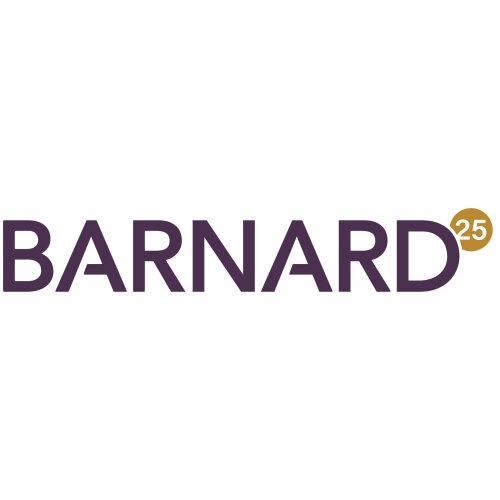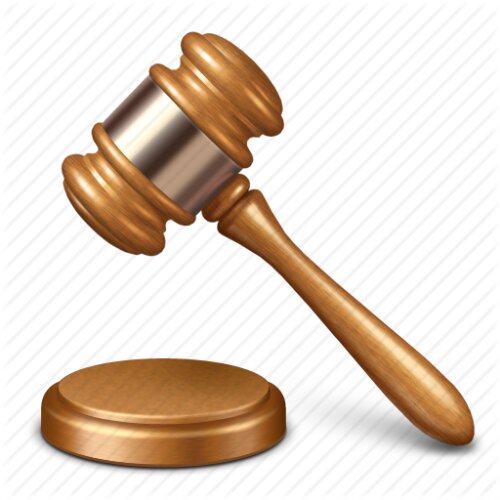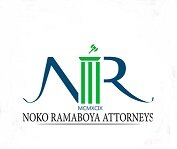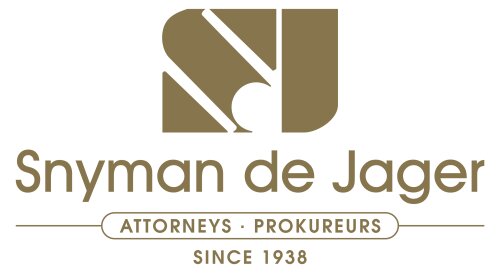Best Commercial Litigation Lawyers in Pretoria
Share your needs with us, get contacted by law firms.
Free. Takes 2 min.
List of the best lawyers in Pretoria, South Africa
South Africa Commercial Litigation Legal Articles
Browse our 2 legal articles about Commercial Litigation in South Africa written by expert lawyers.
- Enforcing Foreign Commercial Debt Claims in South Africa
- South African courts generally require either a submission to jurisdiction or the attachment of assets to hear a case against a foreign entity. The Hague Service Convention streamlines the legal process by providing a standardized method for serving South African court papers on international defendants. International arbitration is often the... Read more →
- Recover Commercial Debt: Foreign Entities in South Africa
- South African courts generally require an attachment of property to establish jurisdiction over a foreign defendant who has no local presence. The Hague Service Convention streamlines the process of serving legal documents on entities located in member countries, reducing the risk of procedural challenges. International arbitration is often the most... Read more →
About Commercial Litigation Law in Pretoria, South Africa
Commercial litigation law in Pretoria deals with legal disputes that arise out of business or commercial relationships. This area of law covers a wide array of business conflicts, including contractual disagreements, partnership disputes, debt recovery, insolvency matters, and issues arising from mergers and acquisitions. Pretoria, as one of South Africa’s major business hubs and the seat of government, is home to a robust legal community skilled in handling complex and high-value commercial disputes. The Gauteng Division of the High Court in Pretoria is often the primary forum for such cases, although many disputes are settled through negotiation or alternative dispute resolution before reaching the courtroom.
Why You May Need a Lawyer
There are several scenarios in which businesses or individuals may need the expertise of a commercial litigation lawyer in Pretoria. Some common situations include:
- Breach of contract - for example, if a party fails to deliver goods or services as agreed. - Disputes involving shareholders, partners, or members of close corporations. - Collection of significant unpaid debts or defending claims from creditors. - Allegations of misrepresentation, fraud, or breach of fiduciary duties. - Disputes over commercial property leases or rental agreements. - Issues involving mergers, acquisitions, or the dissolution of business entities. - Protection of intellectual property rights. - Responding to provisional sequestration or liquidation proceedings. - Defending or instituting urgent court applications or interdicts.
Engaging a knowledgeable lawyer can help ensure that your legal interests are protected, regulatory requirements are met, and disputes are resolved efficiently.
Local Laws Overview
Commercial litigation in Pretoria is primarily governed by South African national laws, although specific local practices and procedures of the Gauteng High Court may also apply. Some of the key legal frameworks to be aware of include:
- The Companies Act 71 of 2008: Regulates company conduct, directors’ responsibilities, shareholder rights, and business rescue proceedings. - The Close Corporations Act 69 of 1984: Governs businesses registered as close corporations and sets out member rights and duties. - The Insolvency Act 24 of 1936 and the Companies Act: Deal with insolvency, liquidation, and sequestration procedures. - The Magistrates’ Courts Act 32 of 1944 and the Uniform Rules of Court: Set out the rules for court processes, evidence, pleadings, and dispute resolution. - The Prescription Act 68 of 1969: Establishes time periods for bringing commercial claims (statutes of limitation). - South African common law and precedent: Form the basis of dispute resolution and damages calculations.
Alternative dispute resolution (ADR), including arbitration and mediation, is also commonly used in Pretoria as a faster and potentially more cost-effective alternative to traditional litigation.
Frequently Asked Questions
What is commercial litigation?
Commercial litigation involves legal disputes between businesses or individuals over commercial matters such as contracts, debt, partnerships, or company law issues.
What types of cases fall under commercial litigation?
Common cases can include breach of contract, business torts, partnership disputes, insolvency proceedings, and intellectual property disagreements.
Which courts in Pretoria handle commercial litigation cases?
The Gauteng Division of the High Court in Pretoria deals with high-value and complex cases, while lower value matters may be heard in the local Magistrates’ Courts.
How long does a typical commercial litigation case take?
The duration varies greatly. Some cases resolve in a few months through settlement, while others can take several years if they proceed to trial.
Can commercial disputes be resolved without going to court?
Yes, many cases are resolved through negotiation, mediation, or arbitration before any court hearing.
What is the cost of commercial litigation in Pretoria?
Costs depend on the complexity of the case, the legal team involved, court fees, and whether the dispute is resolved early or goes to trial.
What should I do if my business is sued?
Seek legal advice immediately to understand the claim, adhere to timelines, and prepare a proper response to protect your interests.
How can I enforce a court judgment?
Once a judgment is received, your lawyer can guide you through enforcement options, such as writs of execution or liquidation proceedings.
Can foreign companies litigate in Pretoria courts?
Yes, subject to South African rules on jurisdiction, foreign companies can institute or defend actions in Pretoria courts.
Is it possible to recover legal costs from the opposing party?
Courts may order losing parties to pay a portion of the winner’s legal costs, but this is at the court’s discretion and may not cover all expenses.
Additional Resources
- Department of Justice and Constitutional Development - for general information on court processes and legal rights - Gauteng Division of the High Court, Pretoria - for rules and procedures applicable to commercial litigation - Legal Aid South Africa - for access to free or discounted legal services (in limited circumstances) - Law Society of South Africa - for guidance on how to find a qualified attorney - Companies and Intellectual Property Commission (CIPC) - for company registration and regulatory compliance information
Next Steps
If you believe you have a commercial dispute or have received a legal notice involving business matters, it is essential to act quickly. Start by consulting with a qualified commercial litigation lawyer in Pretoria. Prepare all relevant documents relating to your dispute, such as contracts, correspondence, invoices, and court papers. Discuss with your lawyer your preferred outcomes and ask about the feasibility of resolving the dispute outside of court if it aligns with your business interests. Finally, ensure you meet all legal deadlines and keep open lines of communication with your legal representative throughout the process.
Lawzana helps you find the best lawyers and law firms in Pretoria through a curated and pre-screened list of qualified legal professionals. Our platform offers rankings and detailed profiles of attorneys and law firms, allowing you to compare based on practice areas, including Commercial Litigation, experience, and client feedback.
Each profile includes a description of the firm's areas of practice, client reviews, team members and partners, year of establishment, spoken languages, office locations, contact information, social media presence, and any published articles or resources. Most firms on our platform speak English and are experienced in both local and international legal matters.
Get a quote from top-rated law firms in Pretoria, South Africa — quickly, securely, and without unnecessary hassle.
Disclaimer:
The information provided on this page is for general informational purposes only and does not constitute legal advice. While we strive to ensure the accuracy and relevance of the content, legal information may change over time, and interpretations of the law can vary. You should always consult with a qualified legal professional for advice specific to your situation.
We disclaim all liability for actions taken or not taken based on the content of this page. If you believe any information is incorrect or outdated, please contact us, and we will review and update it where appropriate.

















